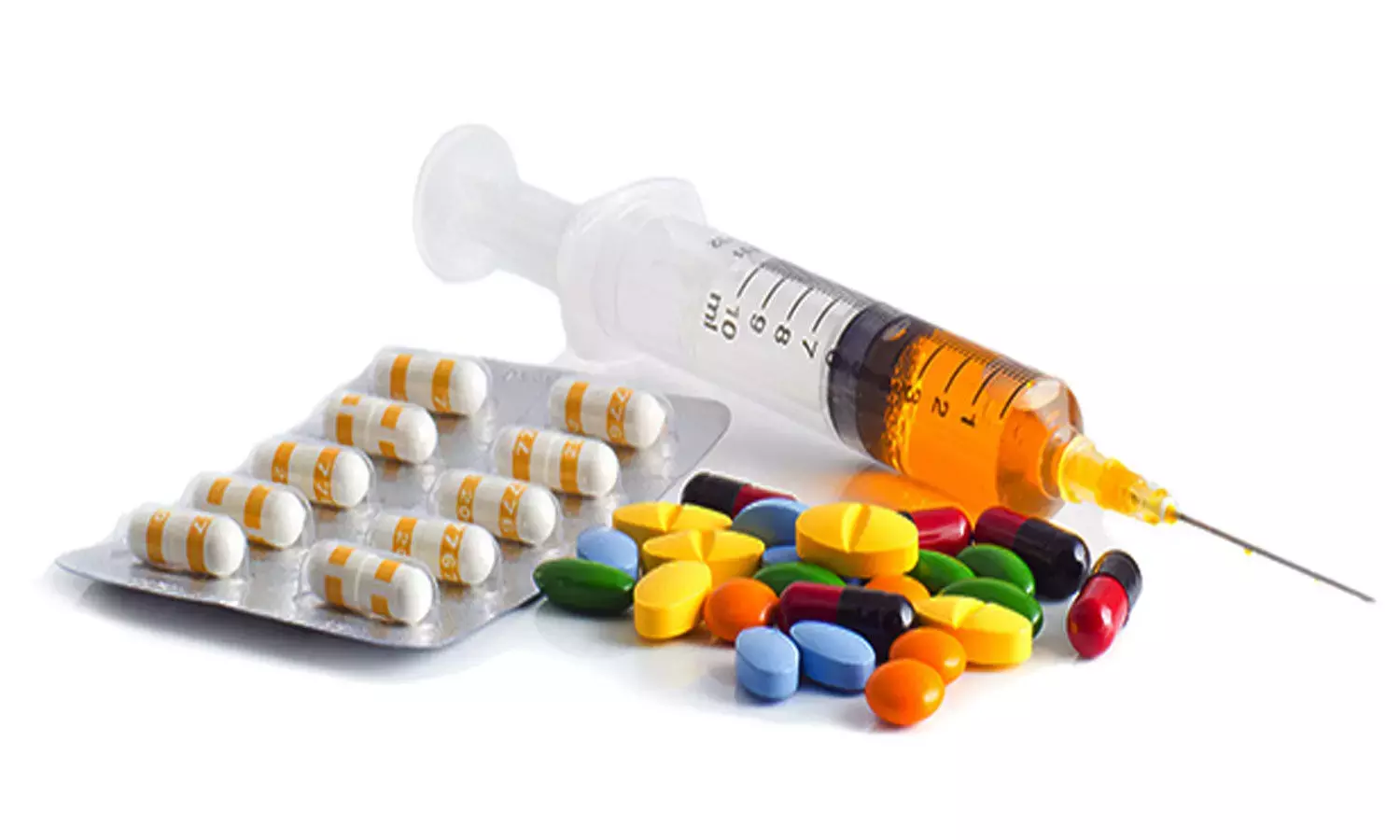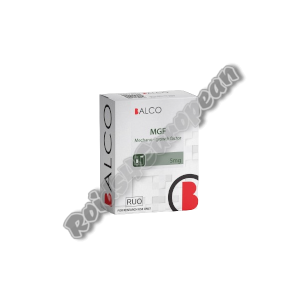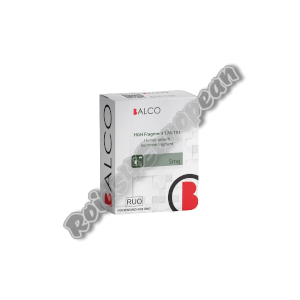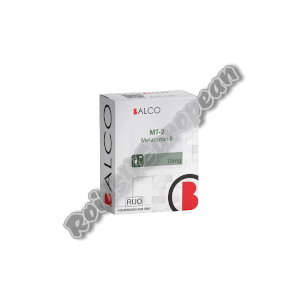Anabolic Steroids - (Definition and Explanation)
Anabolic Steroids are synthetic compounds that are generated by the male sex hormone testosterone in the body. They are commonly referred to as anabolic-androgenic steroids, as they promote muscle growth (anabolic) and enhance male sex characteristics (androgenic). Some alternative names for anabolic steroids include Gear, Juice, Roids, and Stackers.
While steroids can be used medically to treat conditions such as delayed puberty, cancer, AIDS, and muscle loss under the guidance of doctors, they are often misused by athletes and bodybuilders seeking to enhance performance or improve their physical appearance.
Steroid abuse is more prevalent among men, particularly those between the ages of 20 and 30. However, accurately measuring the extent of steroid misuse in the United States is challenging due to limitations in national surveys. Teenagers who aspire to improve their appearance are the primary users of anabolic steroids. Nevertheless, the NIDA-sponsored Monitoring the Future Study has observed a significant decrease in steroid use among 8th and 10th graders in recent years, while usage rates have remained stable among 12th graders.
Although doctors may prescribe steroids for certain medical conditions, some individuals exceed the recommended dosage by 10 to 100 times. Athletes and appearance-focused teenagers often take steroids in the form of capsules, injections, gels, or creams applied to the skin or muscles.
There are several common patterns of steroid abuse:
- Stacking: Combining multiple steroids and taking them in the form of capsules or injections.
- Cycling: Using multiple doses of steroids for a short period, followed by a period of discontinuation before restarting.
- Pyramiding: Gradually increasing the dosage until reaching the highest level, then tapering down to zero.
- Plateauing: Alternating or using another steroid to avoid exceeding the body's tolerance.
There is no scientific evidence supporting the health benefits of steroid misuse. On the contrary, the excessive use of anabolic steroids can lead to harmful medical consequences.
Abuse of anabolic steroids is associated with aggressive behaviours and negative mental effects, including irrational jealousy, delusions, extreme aggressiveness, and severe irritability.
While anabolic steroids are synthetic compounds, they differ significantly from other stimulants. They do not directly interfere with the brain's reward system or cause a massive increase in dopamine levels, which is responsible for feelings of euphoria. Most other drugs increase dopamine levels to induce pleasure, but anabolic steroids do not trigger rapid dopamine increases in the brain.
Although anabolic steroids are less stimulating compared to other substances, continued abuse can lead to substance use disorder. The most severe form of substance use disorder is addiction. Signs of addiction to steroids include persistent misuse despite health problems, aggressive behaviour or negative mental effects, and the high cost associated with the drug. Some individuals have resorted to using other medications, such as opioids, to alleviate discomfort and sleep issues caused by steroids.
Anabolic steroid abuse can have specific effects based on gender and age:
In women:
- Excessive body or facial hair growth
- Decreased breast size
- Changes or cessation of the menstrual cycle
- Deepening of the voice
- Enlarged clitoris
In teenagers:
- Stunted growth if steroids are used before the growth spurt
- Disruption of bone development, leading to increased risk of stunted growth and osteoporosis
In men:
- Decreased sperm count
- Baldness
- Increased risk of prostate cancer
- Breast development
Other potential health problems associated with steroid abuse include mood disturbances, genital shrinkage in men, kidney problems (such as kidney failure and high blood pressure), liver damage, enlarged heart, increased risk of strokes, heart attacks, blood clots, and changes in blood cholesterol.
Individuals who excessively abuse steroids may experience various symptoms upon discontinuation, including fatigue, loss of appetite, sleep problems, restlessness, reduced sex drive, cravings for steroids, and, in severe cases, depression and suicidal thoughts.
However, some cases involve the treatment of anabolic steroid addiction through a combination of behavioural therapy and medications. This approach has proven effective in gradually improving the health of patients. Supportive medications prescribed by doctors and healthcare providers may include antidepressants for treating depression, hormonal system restoration drugs, and medications for headaches and muscle aches.




